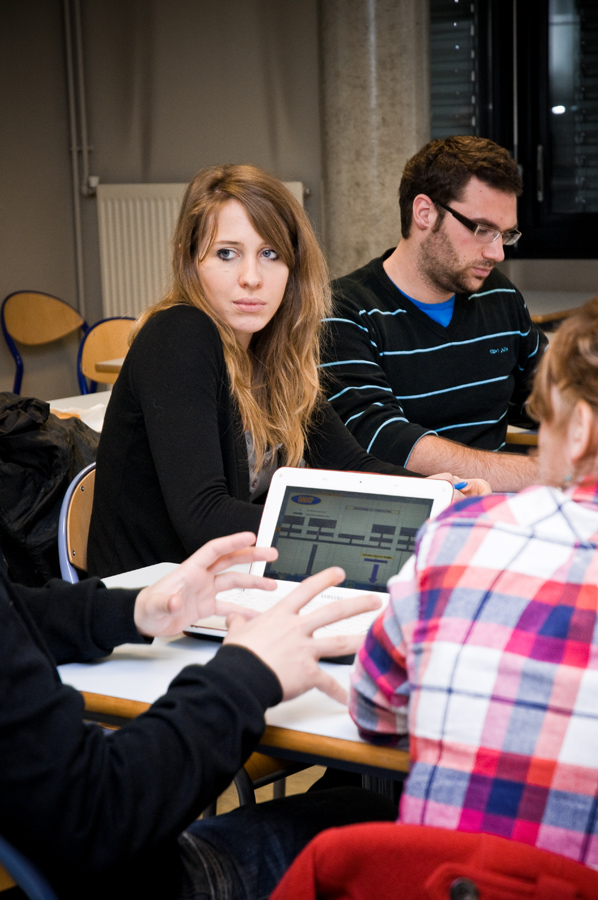Polytech Grenoble is a public engineering school that awards 6 degrees and has a very strong link with research and industry.
Why study at Polytech Grenoble – INP, UGA?
Polytech Grenoble is strongly rooted in the Auvergne-Rhône-Alpes region. A region rich in companies operating in many scientific sectors (energy, electronics, transport, etc.)
The school’s research professors work in conjunction with major research organizations (CEA, CNRS, INRIA, etc.).
The training is based on numerous projects and experimental work that allow students to acquire a strong expertise as well as skills in management and project management.
Polytech Grenoble has a very rich community life, which allows everyone to integrate well.
Who can apply?
We recruit students with a high level of scientific skills, just after the French Baccalauréat (high school degree). The competitive recruitment process is conducted through the Polytech Group together with 14 other Polytech Schools, allowing students to choose from over 100 engineering majors all over France.
What can you major in?
- Geotechnics and Civil Engineering
- Computer Science
- Electronics of Embedded Systems
- Materials Science
- Risk Management
- Information Technology for Health
Career Opportunities
Internships, work-study programs and a very active alumni network of more than 90,000 engineers working in different sectors offer students many ways to enter the job market quickly, in very attractive positions.
Research at Polytech Grenoble – INP, UGA
Polytech Grenoble trains engineers to be active players in the technological revolution.
The research activity at Polytech Grenoble involves 21 different laboratories in a wide variety of fields to match the multidisciplinary nature of the school.
It ranges from fundamental sciences in physics, geosciences and applied mathematics, to materials and electrical engineering, microelectronics, mechanics, computer science and social

Key figures
– 6 Different fields of engineering study all in one school
– Project-based learning
– Strong emphasis on the ecological transition and societal concerns
– High employment rate upon graduation
– Mandatory one-semester international mobility.